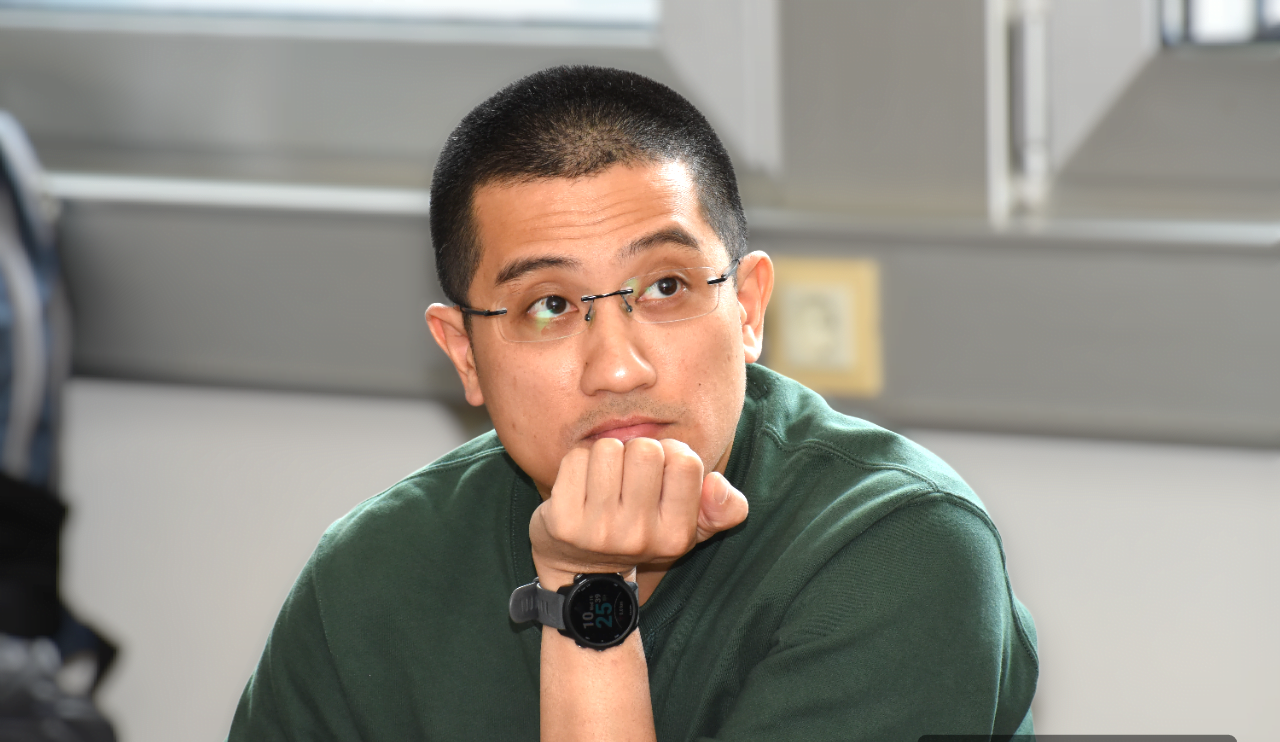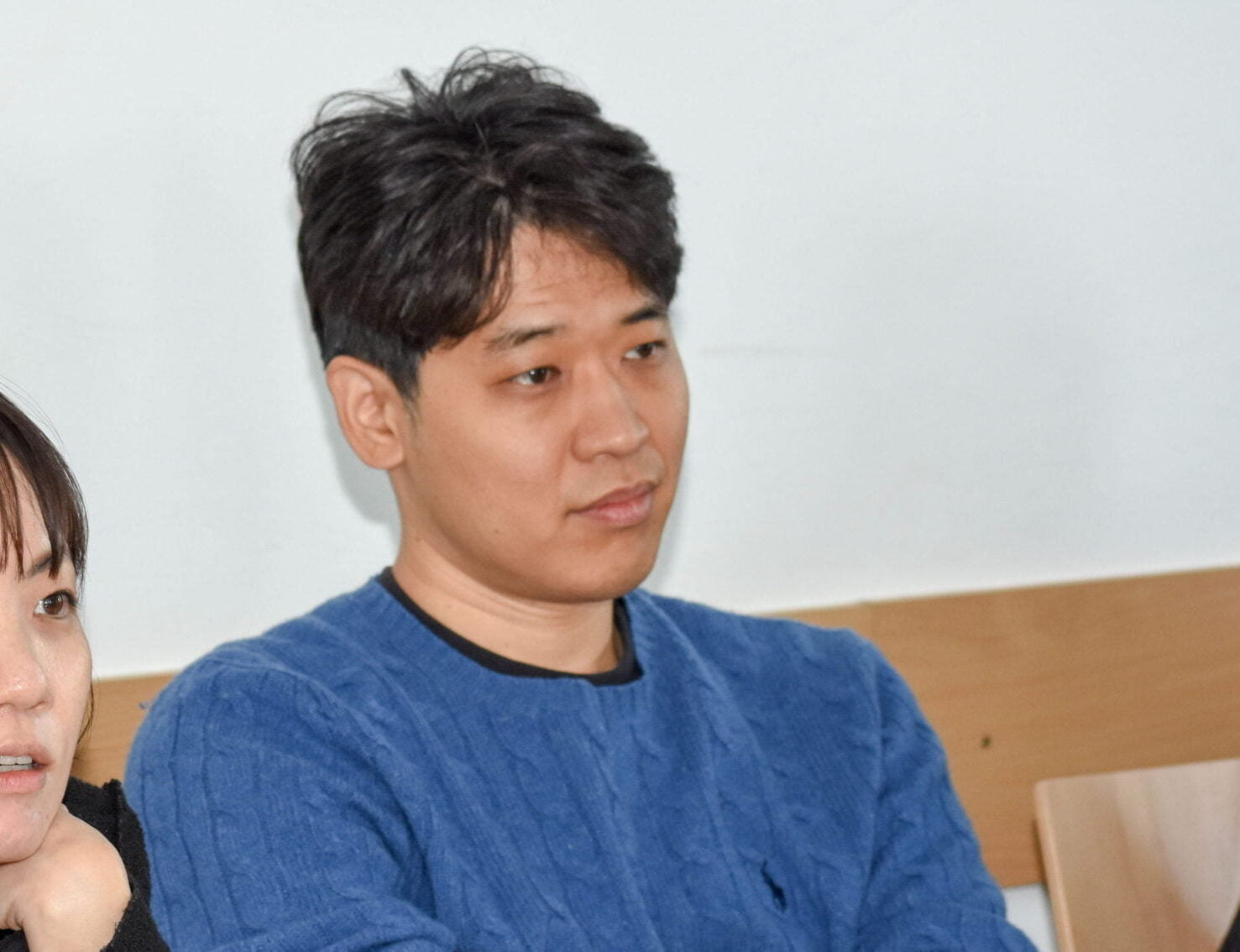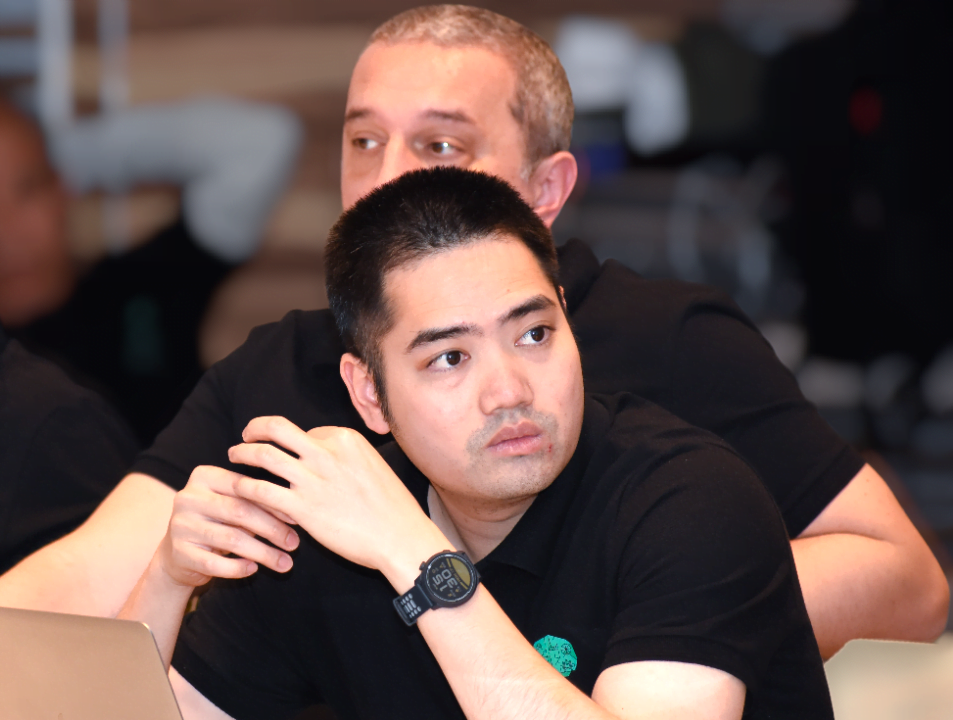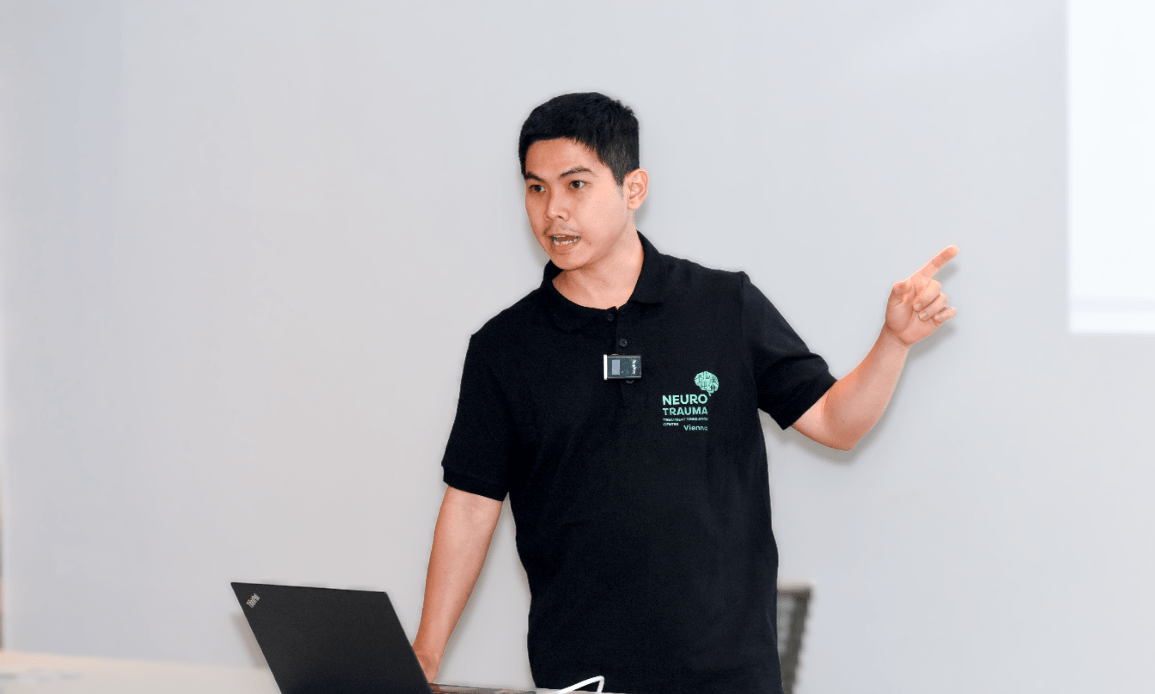The Neurotrauma Treatment Simulation Center (NTSC) 2023 represented a chance for worldwide participants to delve into the intricacies of multidisciplinary neurotraumatology through a 5-day intensive hands-on experience in Vienna, Austria. The NTSC experience aims to bring together specialists of multiple backgrounds dedicated to shifting the treatment paradigm – from short-term focus to long-term follow-up.
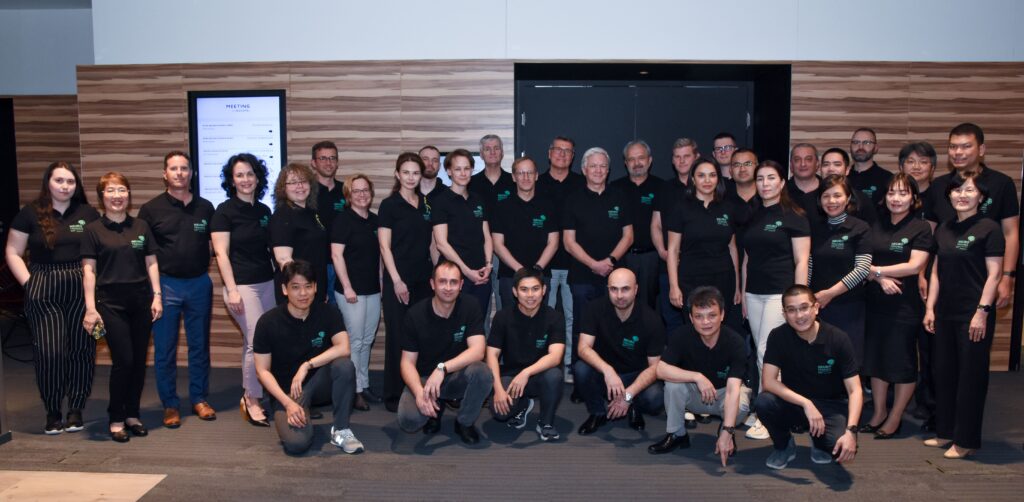
The following series entitled “The NTSC 2023 Experience” brings to light the stories and opinions of the participants who attended this year’s edition, to offer insight and perspective on the program as well as on the needs in neurotrauma research and care.
Interview with Duong Trung Kien, Neurosurgeon, Saint Paul Hospital, Vietnam
1. What is your background and focus in your practice?
I am a neurosurgeon in Vietnam, a low-middle-income country. Every day, my department and my hospital have a lot of TBI and stroke patients. My interest includes skull base surgery, cerebrovascular diseases, and trigeminal neuralgia.
2. What are the main challenges in the treatment and prevention of neurotrauma in your country? What do you think needs to be changed?
In my opinion, the most challenging in the treatment and prevention of TBI in Vietnam is the lack of neurosurgeons, instruments, and beds for the ICU. But, this condition is getting better because a lot of provincial hospitals began to operate and treat TBI patients.
3. What makes a ‘’best-practice’’ example from your institution in terms of neurotrauma management that might be replicated in other institutions or countries?
We don’t have a “best-practice” example.
4. What are some gaps in neurotrauma research that should be addressed and prioritized?
The follow-up of the patients post-treatment is the most difficult in neurotrauma research.
5. How familiar are you with the Academy of Multidisciplinary Neurotraumatology (AMN) and have you participated in any of the AMN Congresses?
I haven’t participated in any of the AMN Congresses yet.
6. Is the management of neurotrauma enhanced by national guidelines in your country? Do you consider necessary a more systematic approach? How can AMN help in this respect?
National guidelines are very important. We haven’t got any guidance in the treatment of TBI patients. In my opinion, AMN can help Vietnamese neurosurgeons, anesthesiologists, neurologists, and ICU doctors to understand more about the benefit of multidisciplinary in neurotrauma management.
7. The Academy of Multidisciplinary Neurotraumatology (AMN) is working on setting up the stage for a new guideline, in partnership with several affiliated societies. What do you consider priority topics to be addressed by these guidelines?
Pre-hospital care and medical therapy for the TBI patients in ICU.
We kindly invite you to browse our Interview category https://brain-amn.org/category/interviews/.
For sure you will find a cluster of informative discussions with different specialists in the field of neurotrauma.
